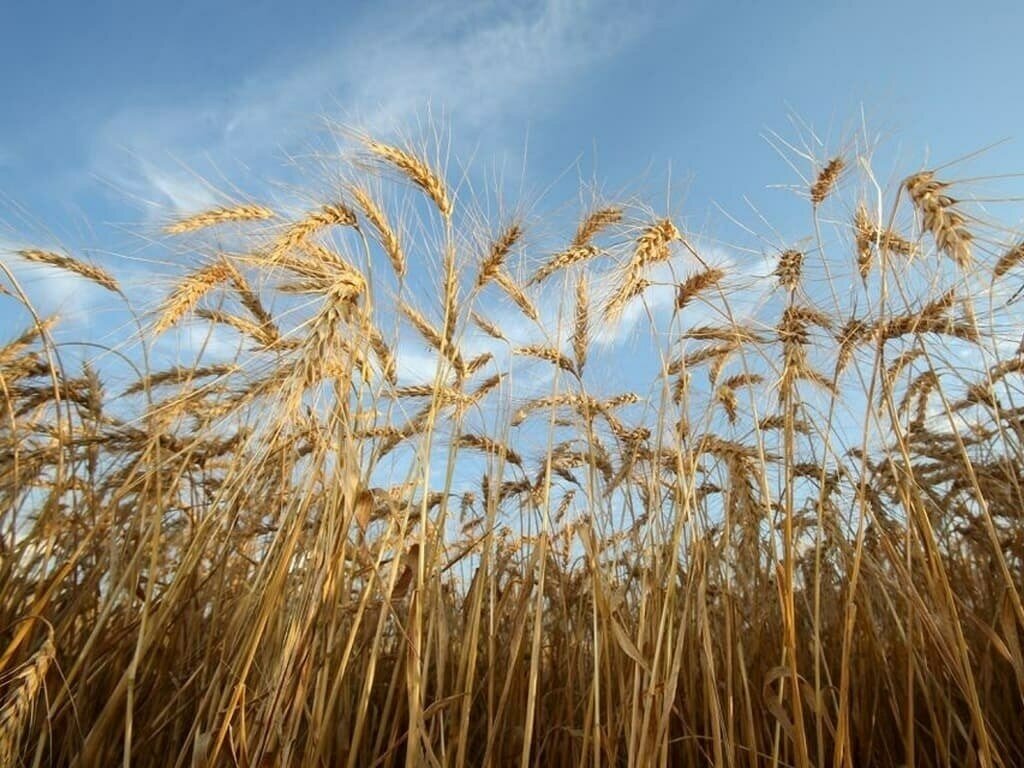Pakistan is in talks With Azerbaijan, China, Russia to buy urea fertilizer for Rabi season. Pakistan has initiated diplomatic engagements with Azerbaijan, Russia, and China to secure a significant import of 0.2 million tons for the upcoming Rabi season.
The proactive proposal, spearheaded by the Ministry of Industries and Production, has successfully garnered approval from the Public Procurement Regulatory Authority (PPRA) Board and the federal cabinet.
The urgency arises from the temporary closure of local fertilizer plants and a surge in demand during the pivotal wheat sowing season in December and January.
The Ministry of Industries and Production has underscored the need for a minimum stockpile of 200,000 metric tons to avert potential agricultural setbacks.
Considering the challenges posed by reduced gas supplies during winter, the Economic Coordination Committee (ECC) is deliberating the import of 200,000 metric tons of urea.
This, however, is contingent upon securing Government-to-Government (G2G) agreements and establishing a transparent price discovery mechanism.
The ECC’s proposed pricing approach involves a meticulous tendering process, with the international standard set at 45 days for completion. Current estimates place urea pricing in China and other countries in the range of $415 to $420 CFR in Karachi.
However, there is speculation that these figures may experience an uptick, particularly in light of the Ministry’s previous experience of importing urea at a higher cost last year.
As Pakistan navigates the intricacies of global fertilizer markets, the ECC’s imminent approval will be pivotal in determining the negotiated price range for the much-needed urea imports.
As Pakistan is in talks With Azerbaijan, China, Russia to buy urea fertilizer for Rabi season, the proposed import not only seeks to alleviate the immediate shortage but also aims to fortify the country’s agricultural resilience in the face of evolving market dynamics.
